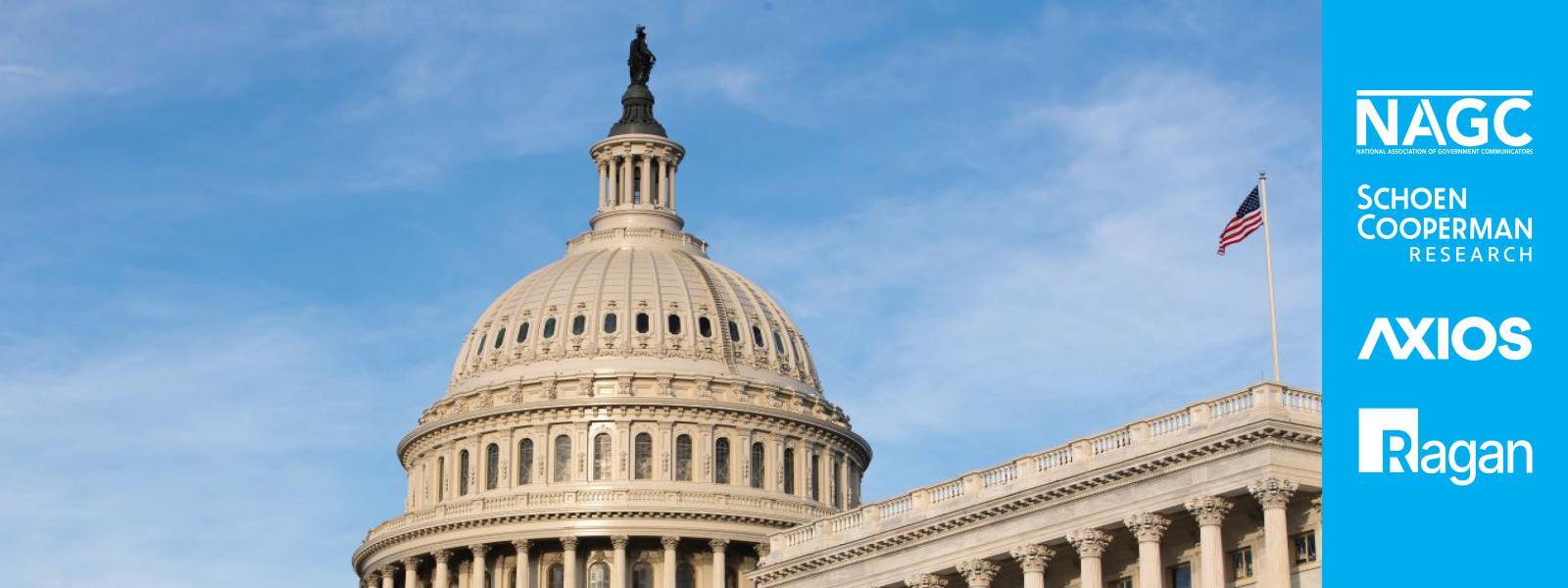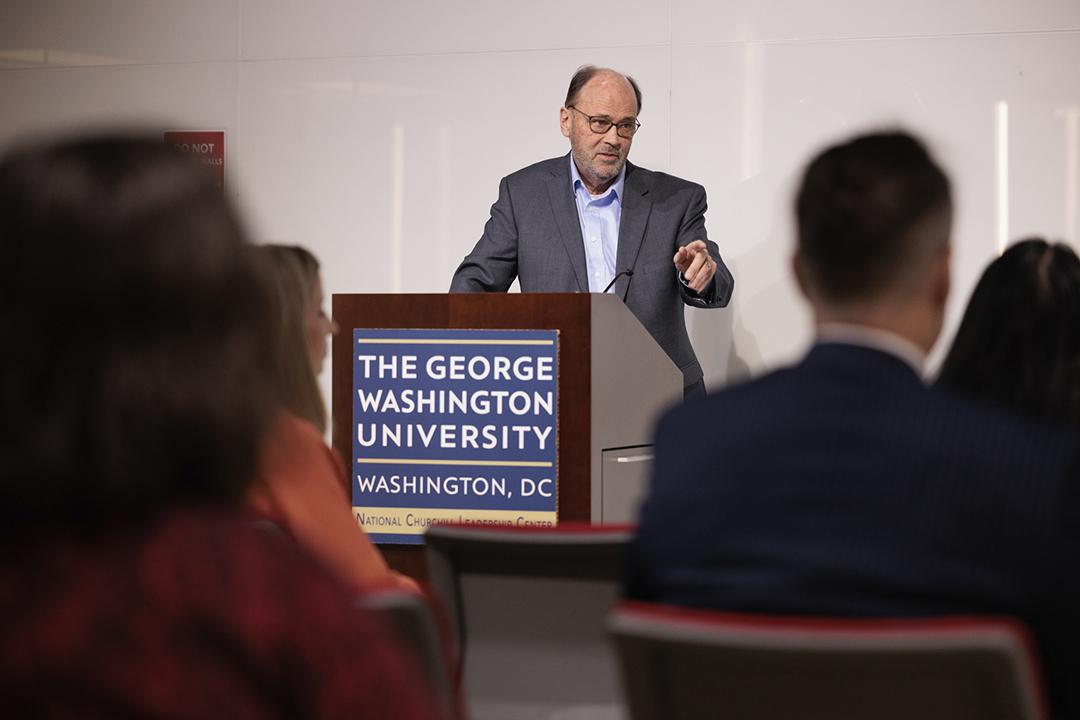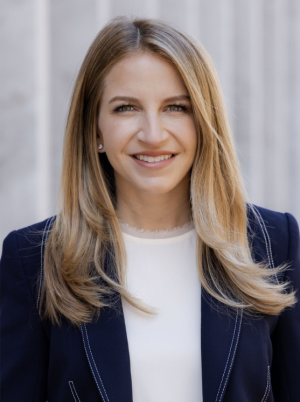Post-Election Poll Study Reveals Deepening Distrust in Government and Information Sources


Dec. 11, 2024 —George Washington University’s Graduate School of Political Management, in partnership with Schoen Cooperman Research, unveiled the findings from their U.S. Post-Election Trust in Government Study. The study, conducted just weeks after the 2024 presidential election, highlights growing concerns about public trust in government and its messaging.
The survey of 800 U.S. adults, conducted from November 19–23, 2024, aimed to understand how the recent election shaped public perceptions of government effectiveness, messaging integrity, and the broader information landscape.
The first year of the GW Government and Public Affairs (GPA) Study gathered input from federal, state and private sector communicators, as well as communications professionals who engage with the government on behalf of corporations and nonprofit associations.
The second year of the multi-year research partnership examined the trust and effectiveness in government communications from the perception of the general public.
This study was completed in partnership with The National Association of Government Communicators (NAGC), Schoen Cooperman Research (SCR), Ragan and Axios.

March 23, 2024 article in the CPS Dean's Newsletter
Survey results of the second year of the GW GPA Study are aimed at understanding the challenges faced by government professionals, identifying strategies to enhance public trust in government messaging and providing valuable insights into the current landscape of government communications.

"In our second year of the GPA study, we surveyed members of the public along with communications practitioners. This yielded some important insights, notably the significant gap in the perceived effectiveness of government communications between practitioners and the public. This is a challenge that needs to be addressed to restore trust and one that our degree programs are well positioned to address."
Larry Parnell
CEPL Senior Fellow
Former Strategic Public Relations Program Director
The GW GPA study underscores the urgent need for increased transparency, tackling misinformation/disinformation, and addressing political polarization to enhance public trust in government messaging. It also reinforces the need for additional training for government communicators, and others, in communications strategy, notably social media usage. The insights gleaned from this study will inform strategic initiatives aimed at strengthening communication strategies at all levels of government, which is a core mission for the school’s Masters in Public Relations and Communications.
Download 2024 Report (Year Two)
The rise in disinformation is harming public trust in government

The government is viewed as being politically-motivated

Among the results, two things are clear. First, to increase the effectiveness of government communication, messaging and method of delivery need to be modernized and diversified. Second, ongoing training and education are vital to long-term success.
Respondents recommended the following steps to improve trust and the quality of government communications:

"I am thrilled to contribute to this groundbreaking report examining public trust in government communication. Along with the Strategic Public Relations faculty and our other partners, we have embarked on a comprehensive, three-year study that we hope will help improve public service and trust in communication by government communicators and leaders across the country. These first year results reveal opportunities for growth and improvement that we hope will be useful to practitioners."
Carly Cooperman
GSPM alumna & GSPM Board of Advisors member
Partner and CEO, Schoen Cooperman Research

For more information contact:
Shakiba Shaheer
Assistant Director, Recruitment and Admissions
(202) 994-2739
shakiba [dot] shaheer gwu [dot] edu (shakiba[dot]shaheer[at]gwu[dot]edu)
gwu [dot] edu (shakiba[dot]shaheer[at]gwu[dot]edu)
Schedule an Appointment
